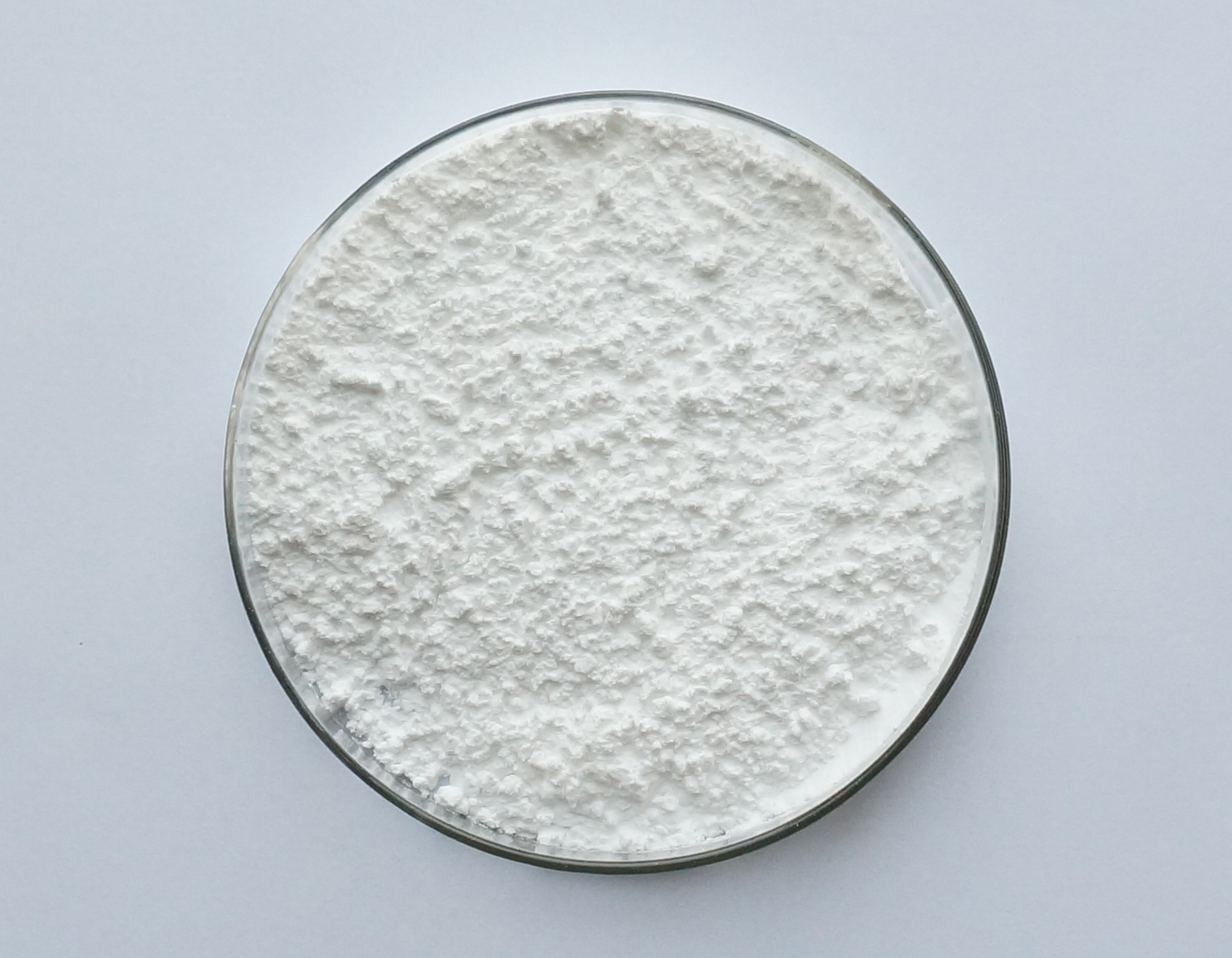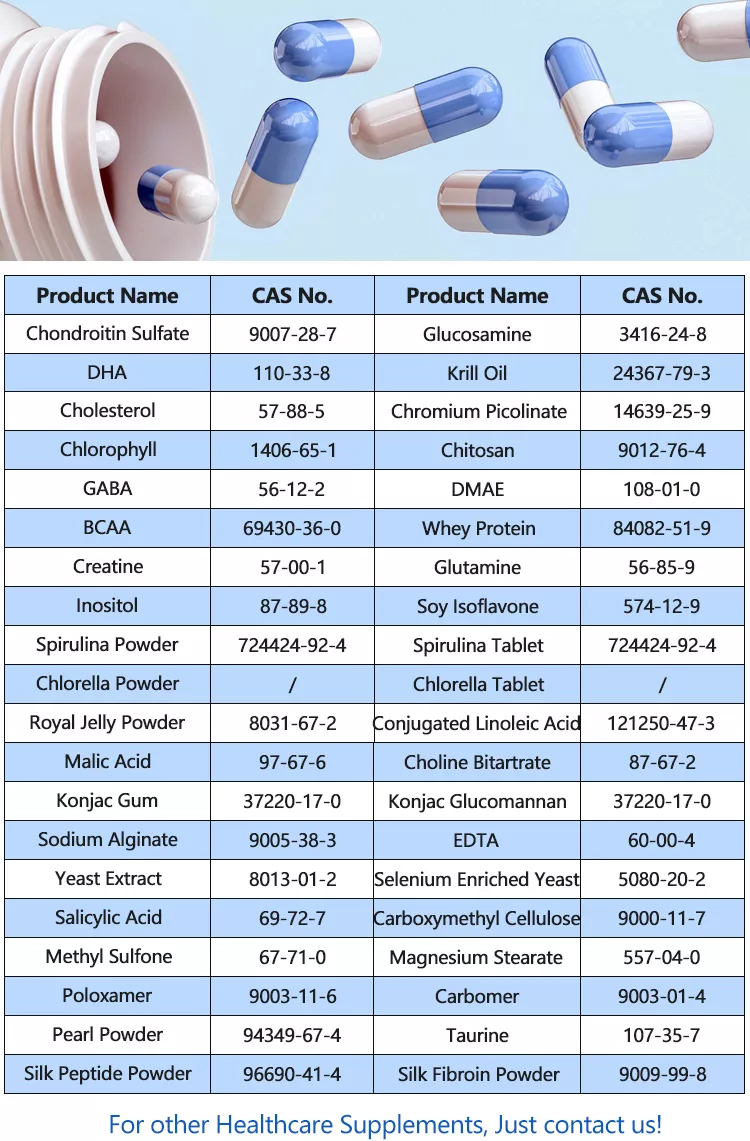Royal Jelly Powder is a unique substance produced by worker bees in a honeybee colony. It is used to feed and nourish the queen bee throughout her life, while worker bees and drones are fed a different diet. The chemical composition and physical properties of royal jelly can vary slightly depending on factors such as bee species, diet, and environmental conditions, but here are some general characteristics:
Chemical Composition of Royal Jelly Powder:
Water: Royal jelly contains a high percentage of water, typically around 60-70%.
Proteins: Royal jelly is rich in proteins, including royalisin, apalbumin, and enzymes. These proteins are essential for the growth and development of queen bees.
Carbohydrates: It contains simple sugars like glucose and fructose, as well as more complex carbohydrates such as oligosaccharides.
Lipids: Royal jelly contains lipids, including fatty acids and sterols.
Vitamins: Royal jelly contains various B vitamins, including B1 (thiamine), B2 (riboflavin), B3 (niacin), B5 (pantothenic acid), B6 (pyridoxine), and biotin.
Minerals: It contains minerals such as calcium, iron, potassium, and zinc.
Hormones: Royal Jelly Powder also contains small amounts of hormones, including acetylcholine and a precursor to royalactin, which plays a role in the development of queen bees.

Physical Properties of Royal Jelly Powder:
Color: Royal jelly is typically creamy white or pale yellow in color.
Texture: It has a gelatinous or mucous-like texture.
Taste and Smell: Royal jelly has a slightly sour taste and a distinct, but not unpleasant odor.
Acidity: It is slightly acidic with a pH in the range of 3.5 to 4.0.
Shelf Life: Royal jelly is a perishable substance and must be stored at low temperatures to extend its shelf life. It is often freeze-dried to preserve its properties for commercial use.
Nutritional Value: Royal jelly is highly nutritious and is considered a health-promoting food due to its rich content of vitamins, minerals, and proteins.
It’s worth noting that the composition of royal jelly can vary depending on factors such as the age of the worker bees, the quality of their diet, and their genetic predisposition to produce royal jelly. Royal jelly is used not only as a food source for the queen bee but is also marketed as a dietary supplement for humans, with claims of potential health benefits, although scientific evidence supporting these claims is limited.
Application of Royal Jelly Powder
Royal Jelly Powder is a substance produced by worker honeybees and is used exclusively to feed the queen bee and developing larvae in the hive. It is highly nutritious and has been used for various health and cosmetic purposes, although its medicinal benefits are not universally confirmed. Here are some common applications of royal jelly:
Nutritional Supplement: Royal jelly is rich in vitamins, minerals, proteins, and fatty acids. It is sometimes taken as a dietary supplement for its potential health benefits, such as improving immunity, enhancing energy levels, and supporting overall well-being.
Skin Care: Some cosmetic products contain royal jelly due to its potential skin benefits. It may help moisturize the skin, reduce inflammation, and promote collagen production, which can be beneficial for anti-aging and skin health.
Hair Care: Royal jelly is also used in hair care products. It is believed to nourish the hair and scalp, potentially improving the quality and strength of hair.
Immune Support: Some people use royal jelly to boost their immune system and combat illnesses. It contains compounds like antioxidants and antimicrobial peptides that could help support the immune system.
Fertility: There is some anecdotal evidence that Royal Jelly Powder may help with fertility, although scientific studies are limited. It’s thought to support hormonal balance and reproductive health in women.

Cognitive Health: Some people use royal jelly as a cognitive enhancer. While more research is needed, some studies suggest that it may have neuroprotective effects and potentially improve memory and cognitive function.
Anti-Inflammatory Properties: Royal Jelly Powder contains anti-inflammatory compounds, which may help reduce inflammation in the body and provide relief from certain inflammatory conditions.
Wound Healing: It is believed that royal jelly may have wound-healing properties when applied topically. Some studies suggest it can accelerate the healing of minor wounds and skin irritations.
Menopausal Symptoms: Some women use royal jelly to alleviate symptoms of menopause, such as hot flashes and mood swings. Again, more research is needed to confirm its efficacy.
Asthma: In traditional medicine, royal jelly has been used to manage asthma symptoms. However, there is limited scientific evidence to support this use.
It’s important to note that while royal jelly has potential health benefits, scientific research on its effectiveness is often limited and inconclusive. As with any supplement or natural remedy, it’s essential to consult with a healthcare professional before using royal jelly, especially if you have underlying health conditions or are taking medications. Also, individuals with allergies to bee products should avoid royal jelly, as it can cause severe allergic reactions.
